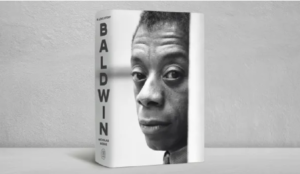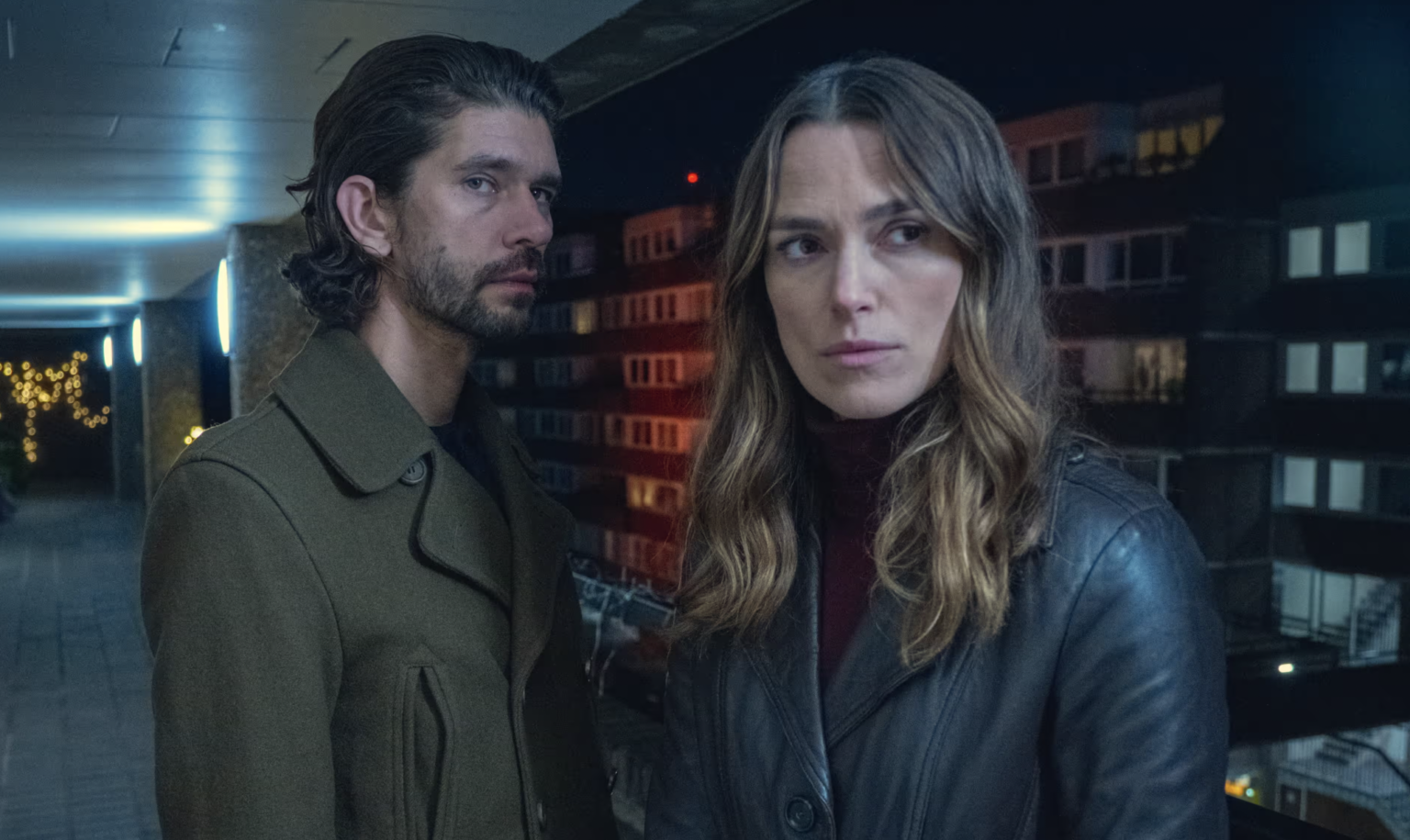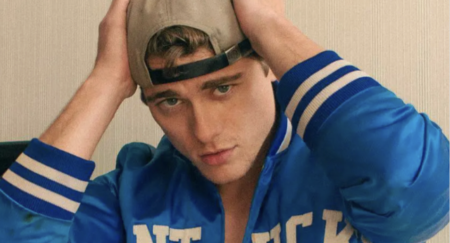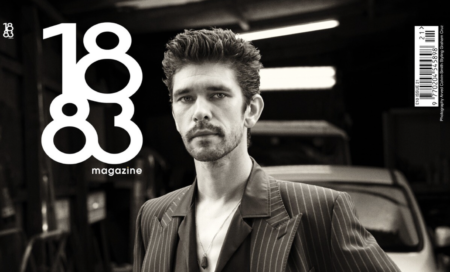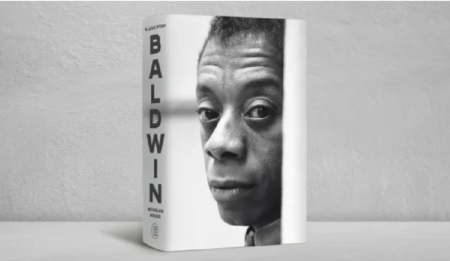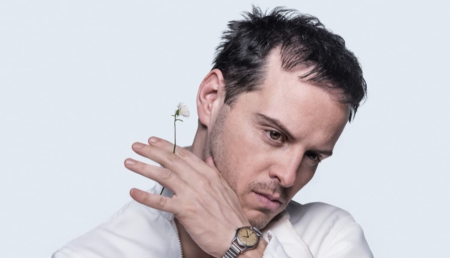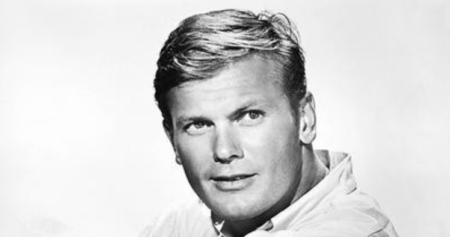The recent Netflix series Black Doves has sparked interest not only for its thrilling plot—but also for its representation of LGBTQ+ characters in a manner that diverges from traditional portrayals. The show stars Keira Knightley as a spy entangled in a precarious situation, with Ben Whishaw portraying Sam, a hitman who steps in to assist her. Sam is depicted as a queer character navigating both his professional and personal life with a sense of agency.
In an interview with The Guardian, Whishaw expressed his appreciation for the character, stating, “I like that he’s just this queer guy who shoots people,” highlighting the series’ approach in normalising queer identities without relegating them to typical sidekick roles. Unlike the conventional gay best friend trope, which often confines LGBTQ+ characters to comic relief, Sam possesses a multifaceted social and sexual life, complete with friendships and a complex romantic history that includes an ex-boyfriend.
The series also introduces a group of snarky lesbian assassins, contributing to a more inclusive representation of queer individuals. Show creator Joe Barton has received acclaim for crafting characters from contemporary realities, defying stereotypes associated with gay characters. Barton’s past works, such as Girl/Haji and The Bastard Son & The Devil Himself, have similarly featured queer anti-heroes, earning him commendations on social media for his commitment to showcasing “slutty queer anti-heroes … That’s allyship!”
Traditionally, the gay best friend character has been used to elevate the main (often heterosexual) protagonists’ narratives. Classic films from I Love You, Man to Mrs Doubtfire exemplify this dynamic, presenting gay characters as a means for straight leads to explore their own identities without confronting the complexities of same-sex attraction. In Black Doves, this shift in representation is essential; instead of merely existing to bolster the straight characters, LGBTQ+ figures can lead vibrant, independent lives depicted on screen.
Historical portrayals have sometimes rendered queer characters as either absent or one-dimensional. While films such as A Taste of Honey and Clueless introduced early examples of queer friendships, it is only recently that narratives have begun to embrace the complexity and legitimacy of these identities in mainstream media. Previous attempts, such as The Next Best Thing, failed to offer substantial character development for gay figures, limiting them to their sexual orientation.
As the landscape of storytelling continues to evolve, pieces like Black Doves serve as part of a broader movement within the entertainment industry to allow LGBTQ+ characters to exist in all their varied forms—beyond the confines of traditional archetypes. The ongoing conversation surrounding representation foregrounds the necessity for stories that reflect diverse experiences, urging creators to consider the richness of characters that go beyond conventional narratives.
In a cultural moment where identities are increasingly recognised as fluid, the case for further representation of LGBTQ+ figures—as recognised in works like Campbell X’s Stud Life and Julio Torres’s Problemista—continues to gather momentum. The question remains: how can narratives evolve to encompass not just fierce warriors and flamboyant personalities but also the quieter, more tender aspects of queer life? Black Doves suggests that there is ample room for diversity within these narratives, offering viewers a wealth of complexity and character depth conducive to a richer understanding of queer experiences.
Source: Noah Wire Services
- https://www.heavenofhorror.com/features/why-netflixs-black-doves-is-the-perfect-christmas-thriller-series/ – Corroborates the show’s representation of LGBTQ+ characters, particularly how it normalizes queer identities and provides nuanced portrayals of queer relationships.
- https://www.digitalspy.com/tv/a63115228/black-doves-gay-sex-scene/ – Supports the depiction of Ben Whishaw’s character Sam as a queer hitman with a complex romantic history and friendships, defying the typical gay best friend trope.
- https://www.thepinknews.com/2024/12/05/netflix-spy-thriller-black-doves-ben-whishaw-keira-knightley-gay/ – Details Ben Whishaw’s character Sam and his queer identity, highlighting the show’s approach to normalizing LGBTQ+ characters and their roles beyond traditional stereotypes.
- https://www.heavenofhorror.com/features/why-netflixs-black-doves-is-the-perfect-christmas-thriller-series/ – Explains how the series introduces a group of snarky lesbian assassins, contributing to a more inclusive representation of queer individuals.
- https://www.digitalspy.com/tv/a63115228/black-doves-gay-sex-scene/ – Discusses show creator Joe Barton’s past works and his commitment to showcasing queer anti-heroes, earning him commendations for his representation of LGBTQ+ characters.
- https://www.thepinknews.com/2024/12/05/netflix-spy-thriller-black-doves-ben-whishaw-keira-knightley-gay/ – Highlights the shift in representation where LGBTQ+ figures lead vibrant, independent lives instead of merely existing to bolster straight characters.
- https://www.heavenofhorror.com/features/why-netflixs-black-doves-is-the-perfect-christmas-thriller-series/ – Mentions the historical context of queer characters in media, noting how ‘Black Doves’ improves upon earlier portrayals by offering complex and multidimensional characters.
- https://www.digitalspy.com/tv/a63115228/black-doves-gay-sex-scene/ – Compares ‘Black Doves’ to other media, such as James Bond films, to illustrate how it breaks new ground in representing LGBTQ+ themes in the spy genre.
- https://www.thepinknews.com/2024/12/05/netflix-spy-thriller-black-doves-ben-whishaw-keira-knightley-gay/ – Quotes Ben Whishaw’s appreciation for his character and the show’s unique blend of genres, highlighting its impact on LGBTQ+ representation.
- https://www.heavenofhorror.com/features/why-netflixs-black-doves-is-the-perfect-christmas-thriller-series/ – Emphasizes the importance of ‘Black Doves’ in the broader movement to allow LGBTQ+ characters to exist beyond traditional archetypes in mainstream media.





